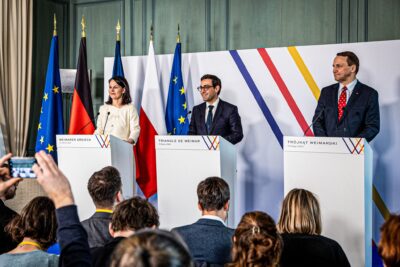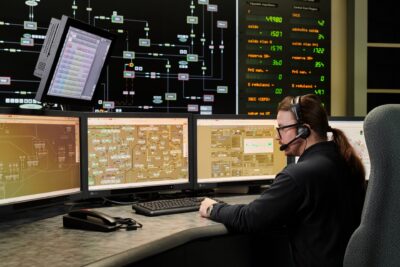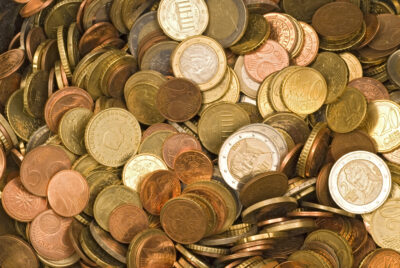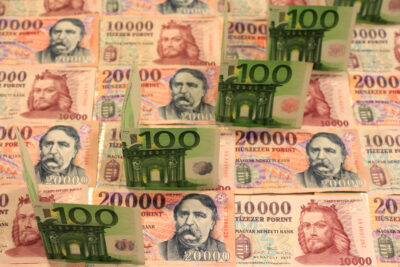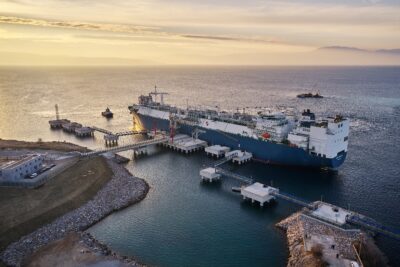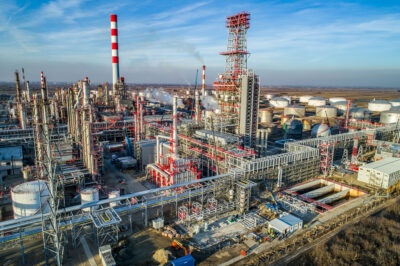The Weimar Triangle: new-old cooperation horizon
The Weimar Triangle, a platform for cooperation between France, Germany, and Poland, is gaining importance as a forum for dialogue on security issues in Europe. The recent meetings of this format show a determination to strengthen trilateral cooperation, including through the extension of activities into new areas such as protection against disinformation or building social ties,...
More →
